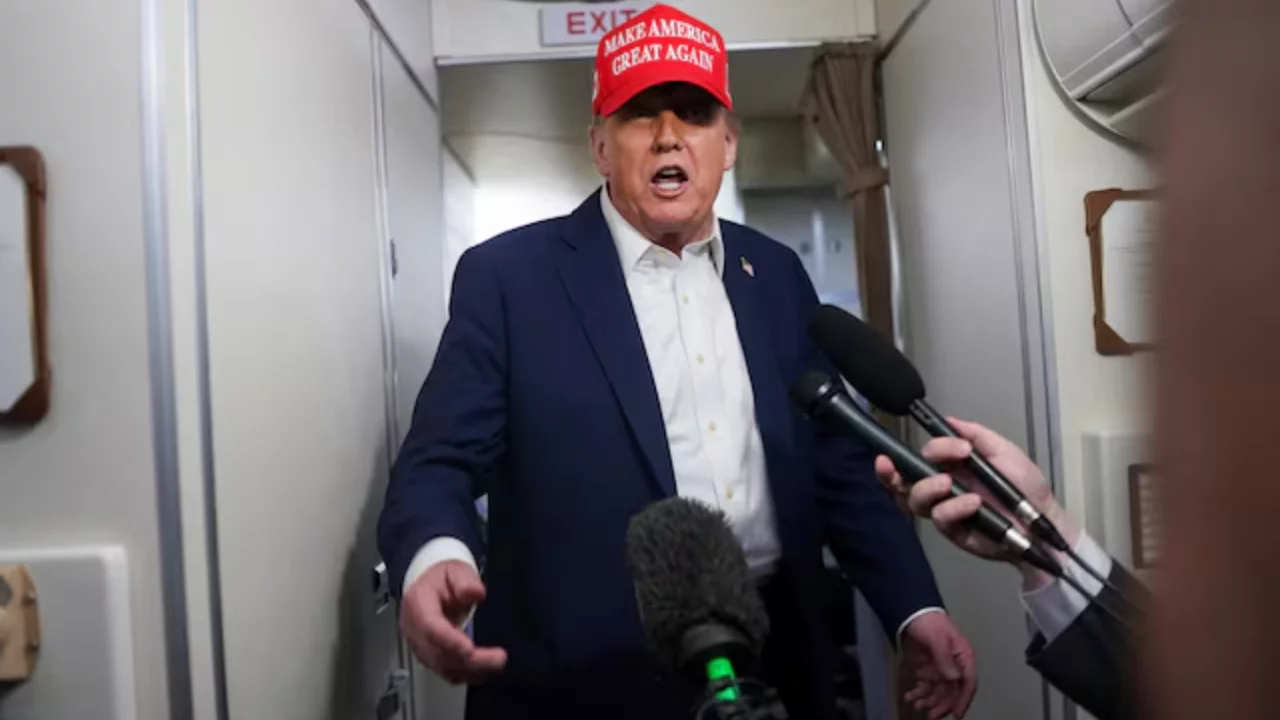Trump’s New Threat to Global Trade: Tariff Letters to Be Sent to 12 Countries

U.S. President Donald Trump has launched a new phase in global trade policy, announcing that he signed official letters detailing tariff amounts to 12 countries. The offers — “either accept or reject” — are expected to be sent out on Monday, July 7.
President Trump made this statement aboard Air Force One while traveling to the state of New Jersey, speaking to reporters. Although he did not specify which countries will receive the letters, he said further details will be announced on Monday.
Trump views this action as simpler and more effective than negotiations. “There’s no time for negotiations. Sending a letter is much easier,” he said.
In April, Trump announced a base tariff rate of 10%, and for some countries, these rates could rise up to 50%. However, to allow time for negotiations, these additional tariffs were suspended for 90 days. That period ends on July 9.
According to the President, starting August 1, tariff rates could rise up to 70% in most cases. These measures are considered part of the Trump administration’s strategy to restore trade balance and protect domestic producers.
Although trade negotiations have been held with several countries, achieving expected results has proven difficult. Talks with the European Union and India have so far not resulted in a final agreement. According to European diplomats, efforts to reach a deal with the U.S. have not succeeded, and they prefer to maintain the current status to avoid an increase in tariffs.
So far, only two countries — the United Kingdom and Vietnam — have reached clear trade agreements. The agreement with the UK, reached in May, retains the 10% tariff rate, with some sectors, including automotive and aviation parts, receiving exemptions. The agreement with Vietnam reduces the previously announced 46% tariff by Trump to 20% for many goods. Also, many American products will be able to enter the Vietnamese market duty-free.
Trump’s tariff-based approach contrasts with traditional diplomatic negotiations and aims for quicker decision-making. This may lead to uncertainties in global trade. However, the Trump administration describes these measures as a policy of “putting American interests first.”
The new tariff letters and their global economic consequences will become clearer after the details are announced on Monday. Read “Zamin” on Telegram!
Ctrl
Enter
Found a mistake?
Select the phrase and press Ctrl+Enter 




















